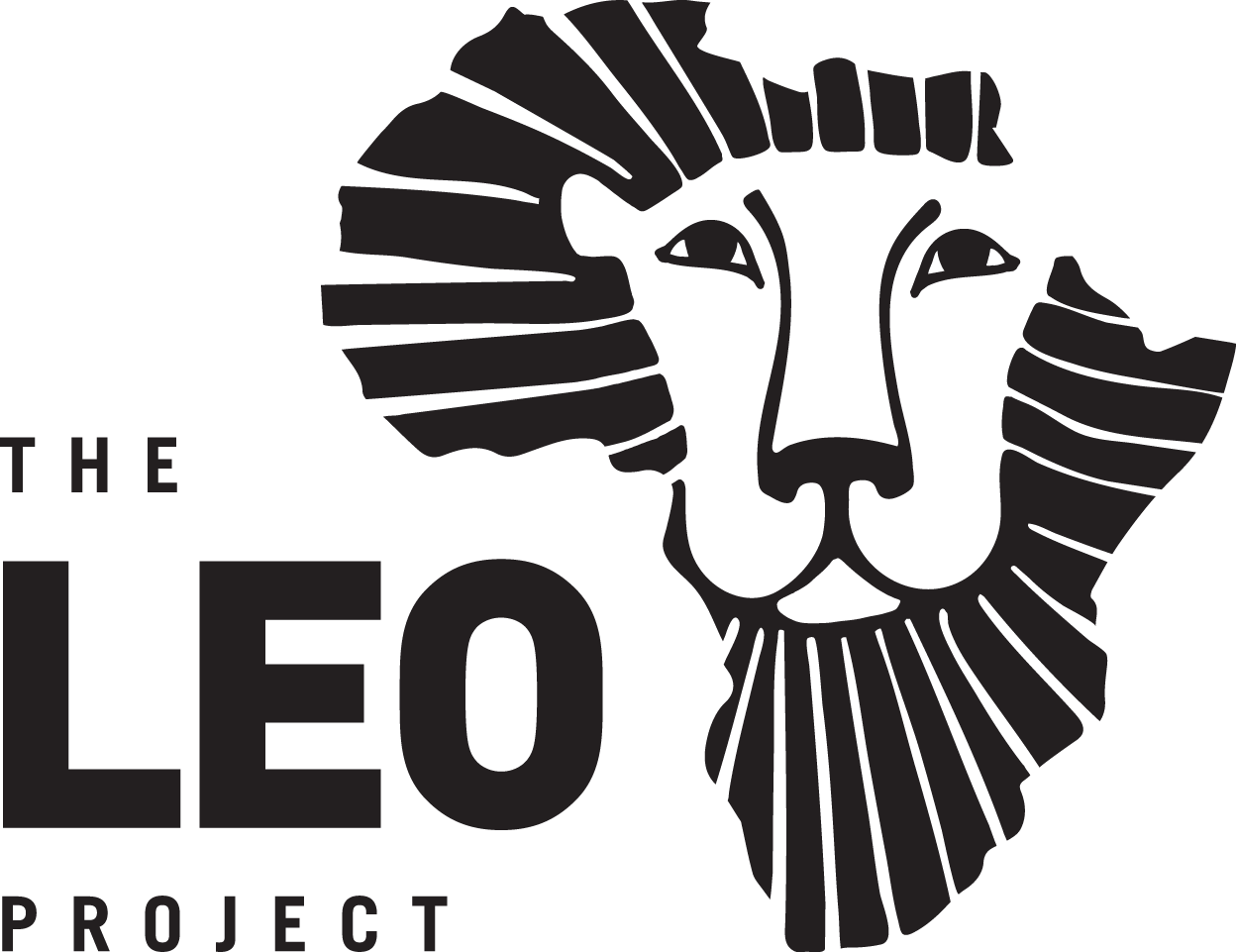CLIMATE AND CONSERVATION
WHY?
In 2023, Kenya faced the most severe drought it has experienced in the past four decades. This caused physical, mental, and emotional distress to communities around the country that depend on pastoralism as their main source of income. Extreme rainfall events are occurring with greater frequency and intensity. Increased aridity and droughts have also been observed, with moderate drought events recorded on average every three to four years and major droughts every ten years. Since 2000, prolonged droughts have become more common. (World Bank, 2021) Temperatures in Kenya are projected to continue rising by 1.7°C by the 2050s and by approximately 3.5°C at the end of the century.
OUR RESPONSE.
We work closely with communities to engage them on a holistic climate and health approach. Through our partnership with Climate x Health, convened by The Wellcome Trust, The Rockefeller Foundation, the Global Climate and Health Alliance, and AMREF Health Africa, we are creating awareness of the linkages between climate change and mental health. In collaboration with health and environmental stakeholders, we are developing resilience-building programs, workshops, and interventions that equip individuals and communities with coping mechanisms to manage climate-induced stressors, anxiety, and trauma effectively. Through our health and education programs, we are creating awareness and understanding of the importance of conservation and the linkages between climate change and health. The Leo Project has established Conservation Clubs in our primary partner schools to promote environmental conservation awareness amongst the younger generation.

